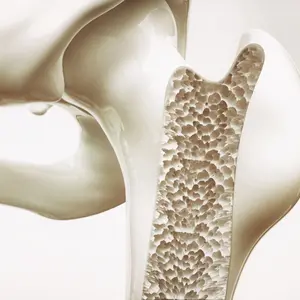

COVID-19

COVID-19
Searching for COVID “Super Immunity”
There have been 676 million confirmed COVID-19 infections worldwide since March 11, 2020, and almost 60% of the US population has been infected with the virus. However, there is a population of people who have never tested positive for COVID even if they have been exposed multiple times.
Although not proven yet, there may be individuals completely resistant to the infection itself, as seen with other viruses. Scientists are studying those who have never been infected to see if they have “super immunity” due to a rare genetic variant that makes them resistant to COVID infection.
The Covid Human Genetic Effort is an international team of scientists attempting to discover the human genetic and immunological bases of the various clinical forms of SARS-CoV-2 infection. One of the projects they are undertaking is to learn whether there are genes that make certain people resistant to SARS-CoV2 infection despite repeated exposure, or resistant to the development of clinical manifestations despite infection.
The group searches for, enrolls, and studies individuals who have not been infected by SARS-CoV2 despite repeated exposure (e.g., in the household of a patient with severe pneumonitis), as attested by the lack of both disease and specific antibody titers against the virus. Their hypothesis is that some of these individuals carry genetic variations that make them naturally resistant to the entry of the virus. This has previously been shown for other viruses including HIV and norovirus.
They will also study individuals in populations at risk (e.g., over the age of 65) who did not develop any clinical manifestation despite documented infection, to search for mechanisms that prevent the development of disease in these infected individuals.
The Covid Human Genetic Effort has already discovered the genetic and immunological basis of at least 15% of cases of critical COVID-19 pneumonia, which has led to the development of therapeutic applications and suggest a general mechanism of disease.
REFERENCES
Center for Systems Science and Engineering. (2023, March 10). COVID-19 dashboard. Johns Hopkins University. https://coronavirus.jhu.edu/map.html
Covid Human Genetic Effort. (n.d.). https://www.covidhge.com/


 By
By







